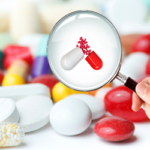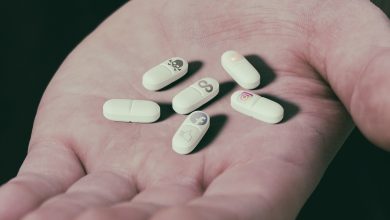What is PADER In Pharmacovigilance?

Periodic Adverse Drug Experience Report (PADER) is a type of aggregate safety report required to be submitted by a sponsor or marketing authorization holder (MAH) to the US Food and Drug Administration (FDA) after obtaining marketing authorization approval. It means that submission of a PADER starts following completion of Phase 3 trials and with approval of a new drug application ([NDA] for innovator products), abbreviated NDA ([ANDA] for generic products), and biologic license application ([BLA] for biological products) by The United States Food and Drug Administration a federal agency of the Department of Health and Human Services.
Aggregate safety reports are an important tool in the safety evaluation throughout the life cycle of a medicinal product. Individual case safety reports provide information on adverse events associated with a medicinal product in an individual patient. However, analysis of cumulative safety information (reported worldwide) is necessary to not only understand the safety profile but also to monitor the benefit-risk profile of a medicinal product.
Pharmaceutical (drug) safety assessment covers a diverse science-field in the drug discovery and development including the post-approval and post-marketing phases in order to evaluate safety and risk management. In general, adverse drug reactions are presented as “biological responses to foreign substances.” This is the basic concept of thinking about the manifestation of adverse drug reactions. Whether or not toxic expressions are extensions of the pharmacological effect, adverse drug reactions as seen from molecular targets are captured in the category of “on-target” or “off-target”, and are normally expressed as a biological defense reaction.
Before a product is marketed, a Suspected Unexpected Serious Adverse Reaction is any suspected adverse reaction which is serious and is not consistent with the information on adverse reactions made available in the current investigator brochure. Once a product is marketed, unexpected reactions are those whose nature or severity is not consistent with the undesirable effects included in the standard product information (Package Insert or Summary of Product Characteristics), although the investigator brochure could also be the reference document for post-marketing studies.
The goal of pharmacovigilance is to protect patients and the public wherever possible and to disseminate knowledge among the relevant professional communities and to patients in order to minimize risk.
Pharmacovigilance tools like PADER helps to achieve the overall objective of medication safety. Regulatory affairs experts who compile the periodic adverse drug experience report play a significant role in public health because they serve as a communication link between companies and the regulatory bodies such as the FDA, Singapore HSA, EMA etc. Some of the assignments and projects they might be engaged in on a day-to-day basis include studying global regulations, gathering data regarding various products relevant to industry, preparing product labels and coming up with arguments for new drugs/medical devices licenses.





